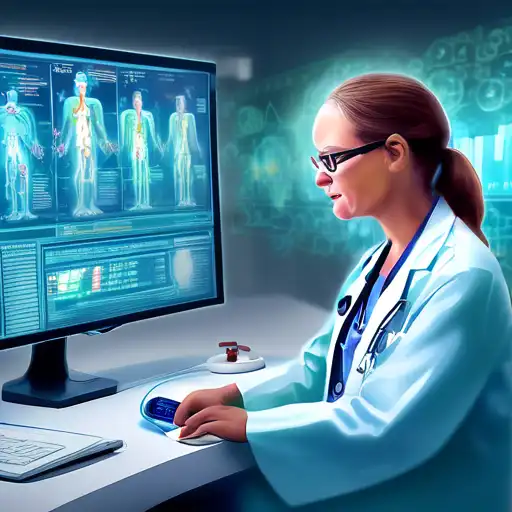The Power of Big Data in Transforming Healthcare
In the digital age, big data has emerged as a cornerstone in revolutionizing various industries, with healthcare standing at the forefront of this transformation. By leveraging vast amounts of health-related data, healthcare providers can now offer more personalized, efficient, and effective care, significantly improving patient outcomes.
Understanding Big Data in Healthcare
Big data in healthcare refers to the massive volumes of information generated by digital technologies that collect patients' records and help in managing hospital performance. This data comes from a variety of sources, including electronic health records (EHRs), medical imaging, genomic sequencing, payor records, pharmaceutical research, wearables, and medical devices.
Benefits of Big Data in Healthcare
The integration of big data analytics into healthcare has numerous benefits, including:
- Enhanced patient care through personalized treatment plans
- Improved disease surveillance and outbreak prediction
- Reduced healthcare costs by identifying inefficiencies
- Accelerated drug development through predictive analytics
Challenges and Solutions
Despite its potential, the use of big data in healthcare is not without challenges. Issues such as data privacy, security, and the need for interoperability among systems are significant hurdles. However, advancements in encryption technologies and the adoption of standardized data formats are paving the way for more secure and efficient data sharing.
Case Studies: Big Data Making a Difference
Several healthcare institutions have successfully implemented big data analytics to improve patient care. For example, predictive analytics has been used to identify patients at high risk of chronic diseases, enabling early intervention. Similarly, big data has played a crucial role in managing the COVID-19 pandemic, from tracking the spread of the virus to optimizing resource allocation.
Future Prospects
The future of big data in healthcare is incredibly promising. With the advent of artificial intelligence and machine learning, the potential for predictive analytics and personalized medicine is boundless. As technology continues to evolve, the healthcare industry must adapt to fully harness the power of big data for the betterment of patient outcomes.
For more insights into how technology is shaping healthcare, explore our articles on health technology and data analytics.
